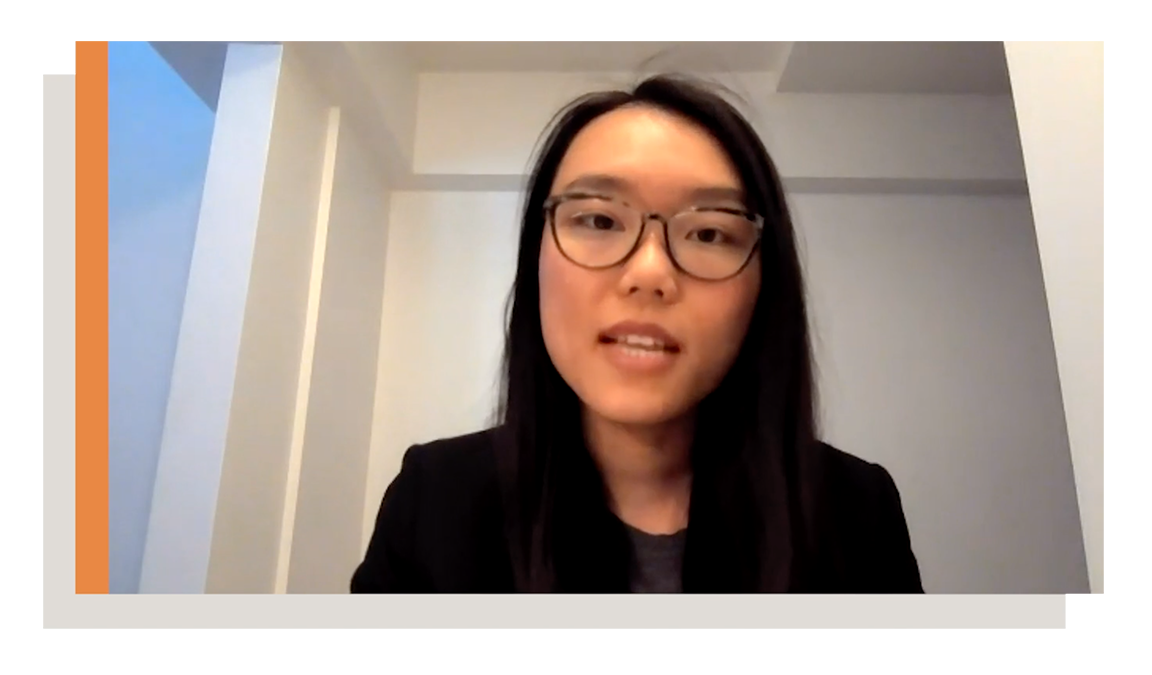How can we address the issues rural communities are grappling with? How can communities attract and retain talent? What is needed to address affordable housing and child care? What tools can be used to highlight unique strengths of a community to attract investment? These are all questions a team of graduate students in data science from Columbia University asked as they set out to tackle the Census Open Innovation Labs (COIL) TOPx rural economic development sprint.
As the COVID-19 pandemic unfolded, the Census Open Innovation Labs (COIL) began a rural economic development sprint with university teams. I was volunteering as a product advisor, focused on product sustainability, with the open innovation team at the Census and was paired with the Columbia team. As the team spoke with community stakeholders and brainstormed about the tool they would create using federal open data, we talked about my spending the pandemic in my hometown, Manistee, Michigan.
These conversations coincided with other (distanced) conversations I was having with my neighbor, Marc Miller, who is Manistee’s Director of Economic Development. He was articulating common issues that I was aware of from our work with multiple communities. How can you articulate a community’s differentiator quickly and succinctly in a presentation to a small business owner looking to open a business in your historic downtown? How can you use data to identify the right types of investments to court so as not to lose the heart of the town, while providing economic opportunity for residents? There are no easy answers to these questions. However, teaming Marc with the Columbia group to talk through ideas seemed like a good start.
As it turns out, those conversations were the start of a tool developed to help economic development leaders in small communities easily surface and visualize data about their communities. R Story was born. R Story provides relevant data visualizations for community leaders and allows them to be quickly output to be included in economic development presentations. The tool saves local leaders hours of digging through datasets and websites and trying to compile their findings in spreadsheets. In rural communities, economic development is either done as a side job by local leaders, or for communities lucky enough to have economic development personnel, it involves small teams juggling many projects. So, this ability to surface data is a huge differentiator.
As the TOPx sprint ended, R Story was maturing and was featured at the US Census open innovation labs TOPx demo week. It was also chosen for a data science award from Columbia University. Several members of the team have continued to develop R Story and are piloting it with a second community in California. They are actively recruiting communities to pilot and are continuing to refine their offering. My colleague, Nick Fisch, and I have continued to stay close to the team with periodic brainstorms as they tackle their next milestone. The entire process has been a testament to the power of open innovation in tackling big problems. Thank you to the COIL team for inviting us into the process.
The R Story team goal is to launch the product commercially in December 2021. Listen to Michelle Zee, of R Story, and Marc Miller of Manistee, Michigan discuss the TOPx sprint process and the tool development:
More about R Story:
R Story provides rural community leaders with relevant, digestible data to achieve economic development goals. R Story is a data interpretation tool that uses data from the U.S. Census, EPA, BLS, and more to help rural economic development professionals integrate more locally relevant data into their work. Data is organized by region and by audience to support increased use of data in each community's advancement of local sustainable economic development goals.
R Story is seeking product development funding and additional community collaborators. Please contact them if you’re interested in piloting the product: Contact R Story
Follow their development progress: R Story on Linkedin
More about Manistee, Michigan:
Learn more about historic Manistee, Michigan through the Visit Manistee County site, through the Manistee Area Chamber of Commerce or contact Marc Miller directly.
More about Orange Sparkle Ball:
Orange Sparkle Ball is an innovation accelerator focused on moving public and private organizations forward. Our work sits at the intersection of research, technology, human centered design and organizational goals. We also run the Evolve Innovation Network, made up of innovators working in industry, government and academia.
Meaghan Kennedy, Founder
Meaghan Kennedy, MPH, founded Orange Sparkle Ball after graduating from the Rollins School of Public Health at Emory University and conducting HIV research at the Centers for Disease Control and Prevention. Meaghan has taught at Georgia Institute of Technology and the Centers for Disease Control and Prevention. She has been a guest reviewer at Georgia Tech since 2007, a judge for the Global Social Venture Competition and Industrial Design Society of America (IDSA), a mentor for social entrepreneurs and is frequently invited to sit on innovation and entrepreneurial panels.






